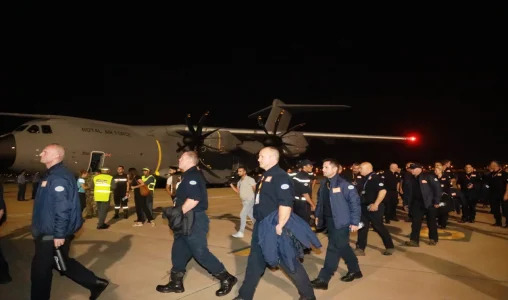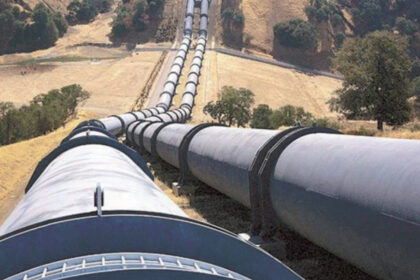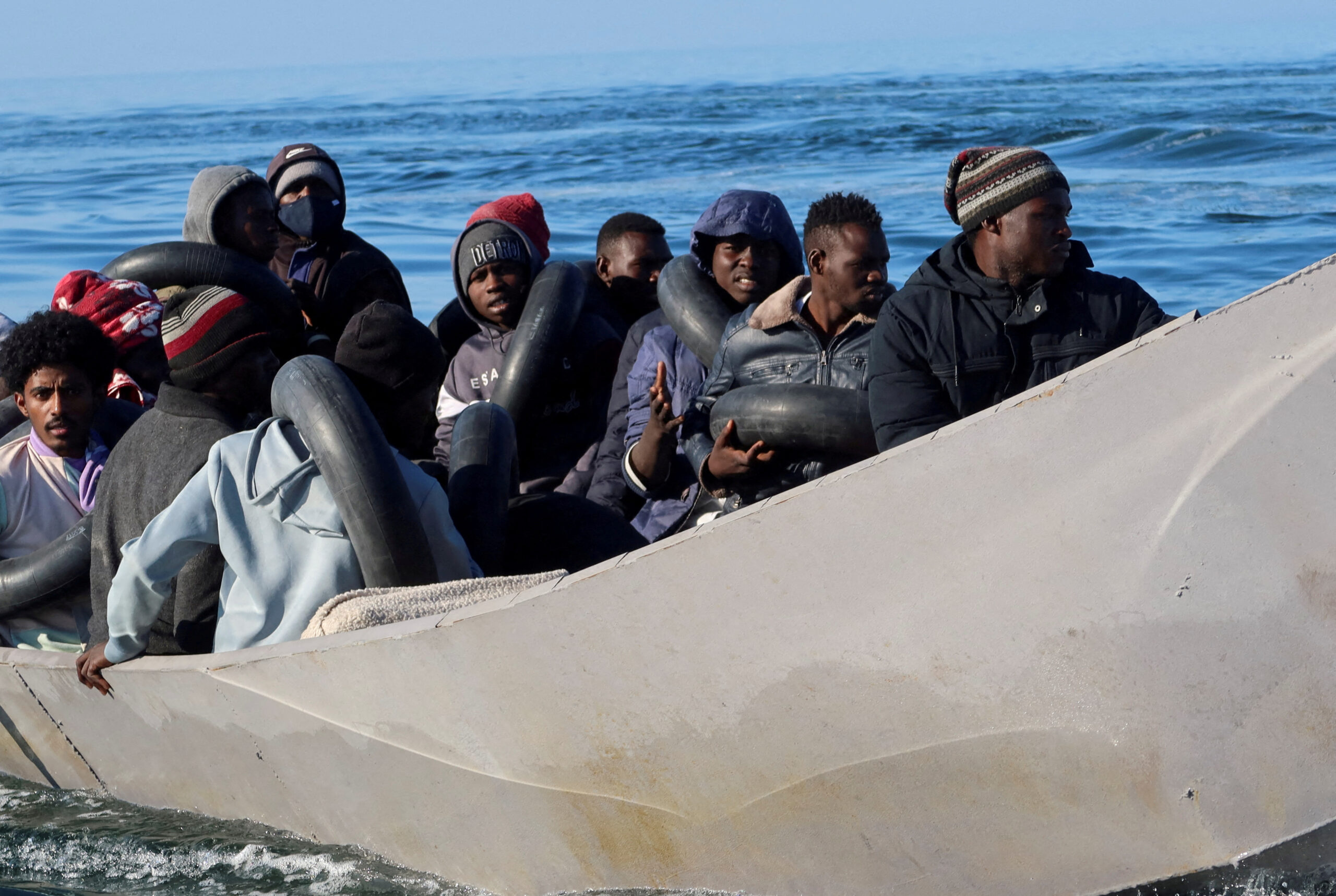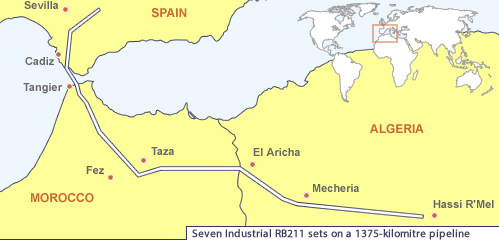Rescuers from the Royal Armed Forces, the gendarmerie, the civil protection and other departments on Monday faced a growing race against time to dig any survivors from the rubble of devastated villages in Al Haouz in central Morocco, three days after the strong earthquake that has killed nearly 2,700 people and injured over 2,500 so far.
Search teams from Spain, the UK and Qatar have joined Moroccan teams in these efforts to find survivors of the 7-magnitude quake that struck Morocco late on Friday night.
The foreign teams are working in close coordination with Moroccan Authorities, as put by Major Khaled Abdullah Al-Hemidi, the head of the Qatari rescue team who had arrived in Marrakech on Sunday to assist in the relief operations.
The Qatari team’s presence was the result of prior coordination with Moroccan authorities, he said, adding that his team members would serve as support for the Moroccan rescue crews at two designated locations, based on what has been agreed upon through coordination with Moroccan officials.
Juan Saldaña Garcia, lieutenant-colonel at Spain’s Military Emergency Unit (UME), on his part said “Our presence here is first and foremost a duty to Morocco, a country that is an ally and friend of Spain.”
He said the rescue team arrived in Marrakech on Sunday to contribute to the efforts deployed by the Moroccan authorities following the earthquake that struck several regions of the Kingdom.
He explained that this assistance “responds to specific needs on the ground, formulated in advance by Morocco, and will be deployed in perfect coordination with Moroccan authorities.”
Echoing the head of the Spanish team, Russ Gauden, head of the British relief team, who also arrived in Marrakech Sunday night to contribute to the relief efforts, stressed that his team will work closely with Moroccan coordination teams.
“What we expect when we arrive is to work closely with the coordination teams and provide support with our expertise to save as many people as we can that are alive,” Gauden told the press, following the landing of two British Royal Air Force A400M aircraft at Menara airport.
Expressing his sincere condolences and solidarity with the families of the victims and the Moroccan people, Gauden noted that his team is in Morocco “to support the ongoing rescue efforts.”
“We’ve been liaising with colleagues already in country here, we know the hard work that is going on,” he said.
For his part, the UK Ambassador to Morocco, Simon Martin, hailed the ongoing search and rescue efforts made by Morocco that he described as “heroic”, underlining that it is “an honor and a privilege” to have the opportunity to support these efforts with the arrival of a British search and rescue team, who will be working very closely with the Moroccan coordinating authorities.
This illustrates “the very close relationship between our two countries,” the diplomat said.
These search and rescue teams from the United Kingdom, Spain, and Qatar are currently working alongside Moroccan crews in the affected areas.
The response to offers of assistance and support from various nations is determined by a thorough assessment of the specific needs on the ground by Moroccan authorities.
The earthquake, which struck multiple areas in Morocco last Friday, has prompted a significant outpouring of solidarity from numerous heads of state, governments, and international organizations, as these have extended their condolences and expressed their support for the Kingdom and the Moroccan people in the wake of this natural disaster.
During a working session held on Saturday, September 9, to assess the situation, King Mohammed VI voiced “the sincere thanks of the kingdom of Morocco to all brotherly and friendly countries that expressed their solidarity with the Moroccan people on this situation, and many of which expressed their readiness to provide aid in these special circumstances.”
In these moments of deep distress, where nature has demonstrated its devastating force, Morocco wasted no time in responding to the tragedy, implementing a strategy in line with international standards to manage this unprecedented crisis. The crucial initial steps were rapidly put in place, enabling effective coordination among the various stakeholders on the ground.
Responding promptly to these critical moments, Moroccan authorities initiated a series of measures according to the ongoing situation and specific needs on the ground to ensure controlled crisis management. This proactive strategy led to a responsive and efficient response, emphasizing rigorous organization and harmonious coordination of relief efforts.
In the face of the unique geographical challenges posed by the disaster-stricken area, Moroccan authorities first carried out preliminary road clearance operations to ensure the successful delivery of aid. The key objective was to ensure that any international assistance that would come into play would be well-organized and articulated to prevent confusion. The best assistance is certainly not massive but rather useful, effective, and well-coordinated.



